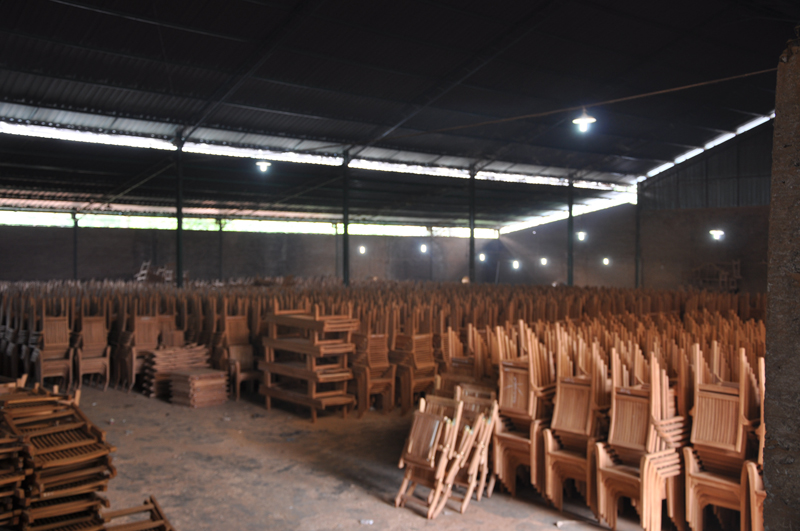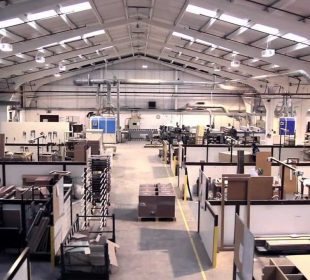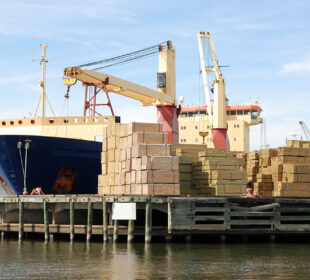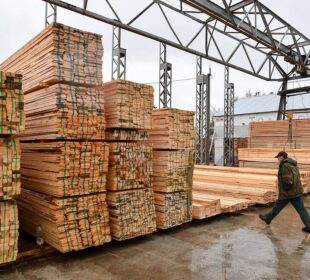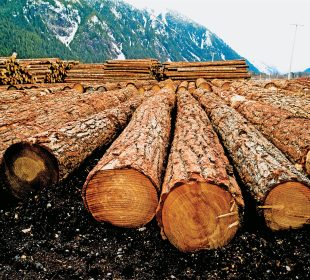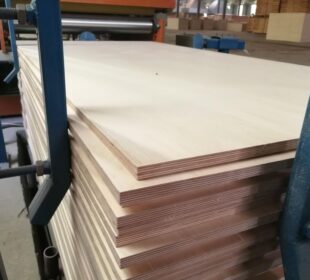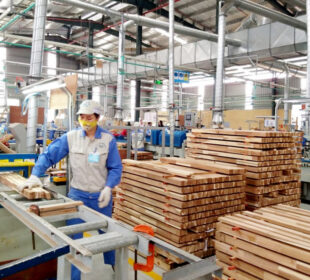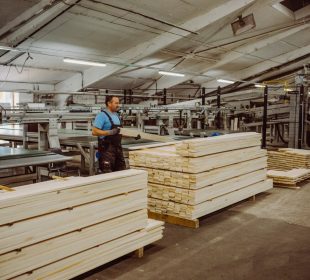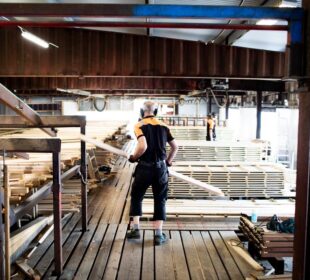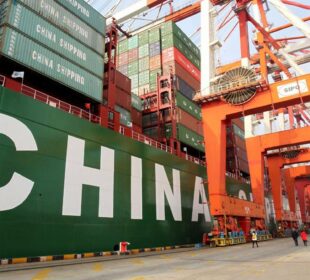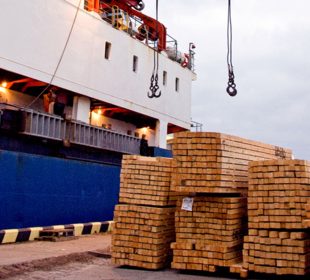Indonesian’s wood products exports totalled US$11.6 billion in 2019, a 4 per cent drop from the previous year due to falling demand due to the ongoing trade war and the weak competitiveness of local products. Industry players, however, are more optimistic come 2020, thanks to policy reforms, reported Jakarta Post.
Wood veneer, panel and woodwork products saw the sharpest declines, with annual exports plummet by 20 per cent, 16.14 per cent and 11.14 per cent respectively, said Association of Indonesian Forest Concessionaires (APHI) chairman Indroyono Soesilo.
Wood panel exports to China are close to zero as Indonesian products have become less competitive than foreign competitors, while shipments of woodwork products to the U.S. and China were hit by the ongoing trade war, an industry player said.
“APHI has become a member of the Food and Agriculture Organization’s [FAO] advisory committee on sustainable forest-based industries. Member countries told us that we’re promoting our forestry products poorly,” he told a press briefing in Jakarta on Jan. 3. Poor marketing efforts meant investors were unaware of the industry’s potential, Indroyono added.
Indroyono, however, is positive that the forestry industry can bounce back, with the help of the government’s upcoming policy reform plans. President Joko “Jokowi” Widodo’s administration is preparing omnibus bills that are expected to improve the ease of doing business and investing.
The President, himself a former furniture businessman, is also looking to boost the timber and furniture industries, which are major contributors to Indonesia’s wood product exports. The government is considering plans to provide value-added tax (VAT) exemptions for log exports and partially relax the timber legality assurance system (SVLK).
Indonesian Wood Panel Association (Apkindo) secretary-general Irwan Aten said wood panel production had been on the decline for years. He said outdated machinery, difficulties securing funds and the disruption of new products to the market had contributed to the decline in production.
“We used to export large quantities to China, but now it’s almost zero. Our products have been outmatched by foreign competitors,” said Irwan. Apkindo once had 140 wood panel factories as members but now the number hovers around 30. “Most are not working at full capacity,” he added.
Meanwhile, Indonesian Sawmill and Woodworking Association (ISWA) chairwoman Soewarni said the US-China trade war had led to price slumps.
“The two economic giants are currently at odds and are not buying our products anymore, especially because our main export destination is China,” she said.
She added that the online single submission (OSS) system for licensing had not been fully implemented to reduce the complexity of the process. Meanwhile, banks continue to maintain high interest rates for the industry, she said.
“There is still a perception that timber industries are on the negative list, which is untrue. Banks have been cautious and impose a 12 percent interest rate for loans,” said Soewarni.
The Environment and Forestry Ministry, for its part, is preparing production forest management policies that include simplifying licensing for investment and increasing competitiveness through upgrading machinery and product diversification, said acting production forest management director general Bambang Henroyono.
“Based on the president’s vision, we will boost the forestry sector through production forests,” Bambang said, adding that the ministry will open forest management access to local residents through a people’s forest (HTR) programme.

